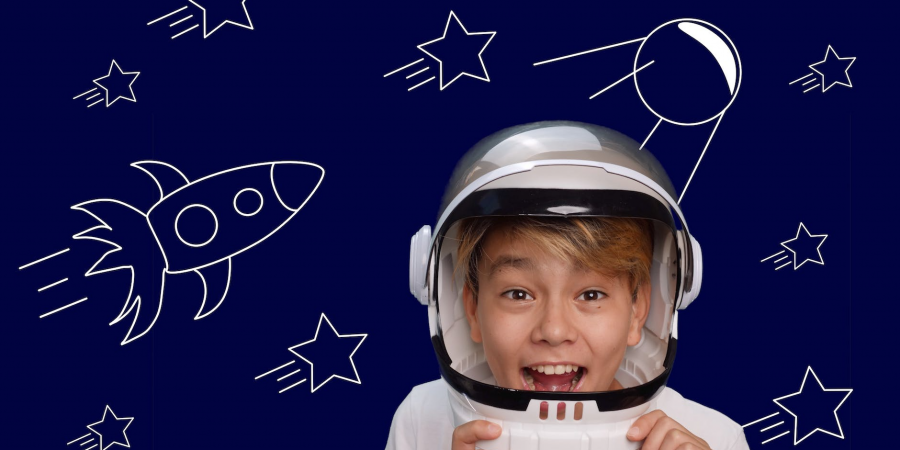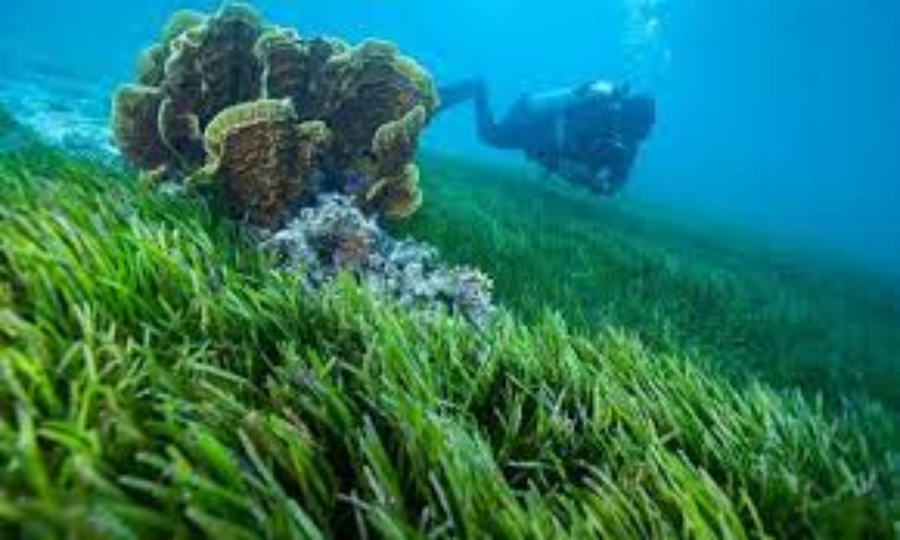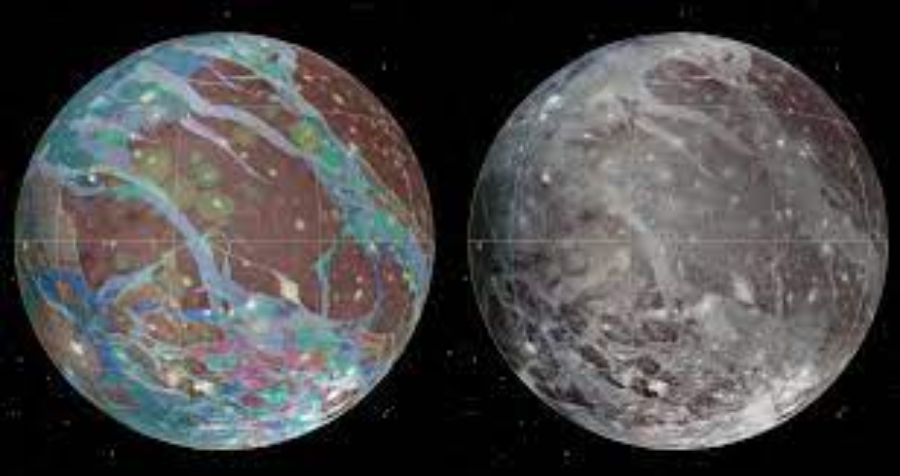

The word "scientia" has Latin origins and originally meant "knowledge," "an expertness," or "experience."
Science is the methodical, evidence-based pursuit and application of knowledge and comprehension of the natural and social worlds. Because science is so different, it always surprises us, which makes it an interesting subject to study.
Without a sure, I'm always amazed when I learn anything new. Individuals that are passionate about science tend to become inventors.

1. The oceans provide the majority of the oxygen on Earth.
Have you ever wondered where oxygen comes from on Earth primarily?
According to the National Oceanic Service, marine life directly contributes to fresh air.
At least half of the earth's total oxygen comes from.
. Soil is full of life
More microorganisms are present in one teaspoon of soil than the people on earth.
Water can have three existing forms at the same time
It is also termed the ‘triple point’ or ‘triple boil.’ It is the only temperature at which water can exist in all three states that are solid (ice), liquid (water) and gas (vapour).
Helium can work against Gravity
When it is cooled to nearly zero temperature (-460 degrees F or -273 degrees C), it’s a superfluid. That signifies it can flow without friction
Trees on earth are more in number than stars on the planet
According to the space journal Nature, published a few years back, the number of trees on the earth is much higher than the existing stars in the galaxy.
The rings around Saturn are 90% water
It lies far away from the sun and that’s why the ice has frozen into water. The planet is the home to the Solar System’s most amazing ice ring.

Ganymede, Jupiter’s largest moon has a salty ocean
Ganymede, Jupiter’s biggest star, has a salty ocean and has more water than on the entire earth. Had it been orbiting the sun and not Jupiter,
You can’t burp in space
Burping into space is impossible.
When you burp on earth, gravity keeps down the solid and liquid food you ate. So, you only exhale the gas. In absence of gravity, gas can’t separate from liquid or solid.
Infants are born with 300 bones
We have beeN knowing all our life that the human body has 206 bones. But did you know, infants are born with approximately 300 bones?
As they grow up, the bones fuse and only 206 bones remain.
Human body bones are stronger than steel
Honey has a long shelf life
It can last up to even 3000 years without being spoiled.
Elephants are the only mammals unable to jump
.


